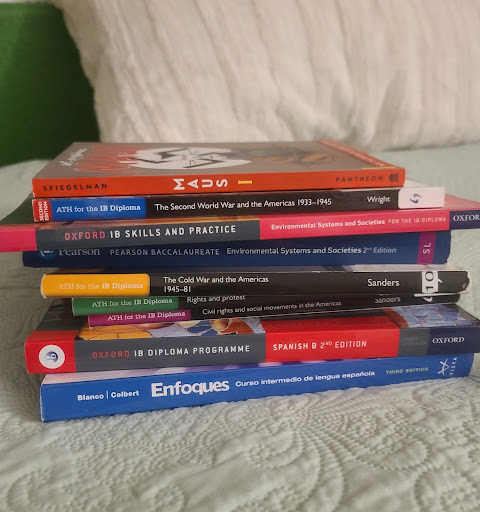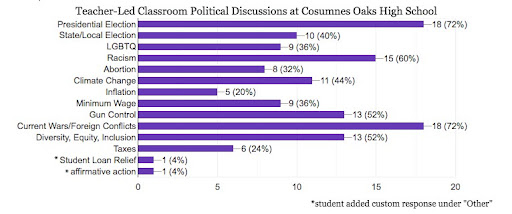Standardized tests increasingly controversial at secondary level as colleges drop required tests
More stories from Akshaj Mehta
Standardized testing is becoming increasingly scarce in the college admissions world. Where once students had to fill out a lengthy application and take a three-and-a-half-hour test, they now, in many cases, just have to complete an application.
The SAT and ACT are the two predominant standardized tests in the United States.
One grievance students have against these standardized tests is their belief that it’s not an accurate measure of their learning.
“I think the SAT and ACT are not an accurate representation of students’ knowledge,” said Simran Shergill, senior at Natomas Pacific Pathways Prep.”
While it does show the accumulated knowledge of students, she said, it does not truly show students’ comprehension. Shergill added students in low-income families or minority families have a lower chance of doing better than average middle class, predominantly white students, which she said shows the flaws in the testing system.
Another student, Johnny Eick senior at Np3, agreed with this assessment.
“Personally I don’t like them at all,” said Eick. “I don’t think tests like that are a good way to test knowledge and when I heard that colleges weren’t accepting the SAT it made me think they were even more useless. It just seems outdated for the world of education we live in today.”
Shergill did not take either the ACT or SAT, because they were no longer required by the colleges to which she was applying.
“I did not take the SAT or ACT because they were no longer a requirement or need for college. I didn’t feel like going through the hassle i there was no good reason to take it,” said Shergill.
Mathew Dorokin also did not take either the ACT or the SAT because of the dropped requirements.
“I did not take them because I planned on going to a CSU, and they do not require or push people towards taking them,” said Dorokin.
Dorokin, in contrast to Shergill, feels that tests can help colleges know the level of your proficiency.
“It’s a good way of letting colleges know your general standings in English and math with some fairly easy questions and very difficult ones,” said Dorokin.
Nevertheless, Dorokin supports the elimination of standardized testing from the college admissions process.
“I feel that it’s a good thing colleges don’t take them because someone could really fall behind on such hard courses in school and not have time to study for the SAT and ACT,” said Dorokin.
Eick agreed with this sentiment.“I was so excited,” he said about the tests’ elimination from admission processes. “The SAT would’ve just been such an unnecessary stressor in my senior year, so I’m glad they don’t care. I also think it’s good because colleges now have to look harder at people who maybe aren’t the best on paper with their test scores.”
A different perspective that wasn’t discussed by high school students was that the two private companies that run the SAT and ACT would be slowly exited out of the education system.
“In general the more ability for people to be flexible the better so the colleges are doing a good thing, I don’t like private companies profiting off of the education system. It’s a good step to getting private companies out of the education system,” said Paul Salzberg, a student at Sacramento State.
Salzberg did take the SAT when he was in high school.
“I never took the ACT. I didn’t really study as much for the SAT, (but) it was enough for a 1330. It didn’t end up being too important in the grand scheme of things,” said Salzberg.
He explained that the environment that testing put students into was very stressful.
“I remember that it stressed people in my school out. A lot,” said Salzberg. “I remember lots of people having breakdowns about scores when things didn’t go their way. It favors good test takers.”
Salzberg said he feels that the tests measure how well you study, not necessarily how much you know.
“They measure how gritty you are, how well you study,” said Salzberg. “That’s how I feel about a lot of parts of our education system. Sometimes they’re measuring our ability to stick to it and not give up. Is that really that produces the best learners and citizens of our society?”
Your donation will support the student journalists of Student Education Reporter program. Your contribution will allow us to hire more student journalists to cover education in the Sacramento region.











